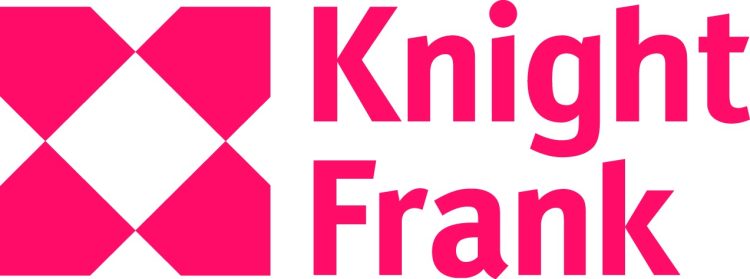Publisher: Maaal International Media Company
License: 465734
Knight Frank: 6.2% rise in Grade A Riyadh office rents as demand outstrips supply
اقرأ المزيد
Demand for office space in Riyadh has driven a 6.2% increase in Grade A lease rates over the past year, resulting in a 97% occupancy rate, according to Knight Frank’s latest Saudi Commercial Market Review, H1, 2023.
According to Knight Frank, this rising demand is in part being influenced by the ‘Program HQ’ initiative, which has witnessed over 44 international companies commit to establishing their regional headquarters in Riyadh.
The scarcity of prime Grade A office spaces in Riyadh has forced businesses to opt for Grade B spaces, resulting in a substantial 17.3% increase in Grade B lease rates, now averaging SAR 1,050 per square meter.
Faisal Durrani, Partner – Head of Research, MENA, explained: “A perfect storm of office demand in Riyadh is supporting the rental growth being experienced across the market. Program HQ, combined the emergence of new public-sector linked entities, rising rates of job creation as evidenced by the non-oil sector PMI readings and fall in unemployment levels, plus the rising tide of global businesses looking to expand or establish a presence in the Kingdom, are together driving up rents and occupancy levels. The root cause for the sustained uptick in demand stems from Vision 2030 and the economic transformation unfolding in the Kingdom.
“Indeed, Riyadh and Jeddah – along with Abu Dhabi and Dubai – are anomalous on the global stage when it comes to Grade A office with occupancy levels hovering at or near 100%. Most major global cities have the opposite challenge. The resultant impact is a sharp rise in Grade B rents, which have climbed by 17.3% in Riyadh over the last 12-months as businesses settle for less-than-ideal space given the dearth of supply”.
RETAIL SECTOR
In the retail sector, performance has shown varying trends in the past year. Lease rates for regional and super regional malls in Riyadh increased by 2.9%, whereas Jeddah experienced a decline of 5.7% during the same period. Additionally, the retail landscape has undergone significant changes since the pandemic, with a notable and lasting shift towards the digital realm.
Jonathan Pagett, Partner – Retail Advisory, KSA at Knight Frank commented, “The pandemic has driven a permanent shift in consumer shopping patterns, with many of these persisting. Landlords who do not adapt their offers to align to changing consumer behaviours, their wants and needs will find resulting suppressed footfall, conversion and profitability in their assets. Despite these challenges, the outlook for the retail sector remains very positive, driven by a robust demand from the F&B scene, experiential retail and a steady demand for luxury retail. Saudi Arabia’s retail sector is expected to grow to SAR 596 billion by 2024, becoming the largest market in the region. The evolving landscape of emerging F&B, as well as entertainment concepts, continues to reshape the retail narrative within the Kingdom.”
HOSPITALITY SECTOR
The hospitality sector in Saudi Arabia is experiencing rapid growth in the number of hotel developments, while occupancy levels are also improving, underpinned by a series of year-round cultural and entertainment events and festivals that attract both domestic and international leisure and business travellers, according to Knight Frank. Official 2022 figures have shown that the Kingdom hosted 77 million domestic tourists, in addition to 16.5 million international visitors.
Turab Saleem, Partner, Head of Hospitality, Tourism & Leisure Advisory says: “The Kingdom of Saudi Arabia has articulated an ambitious objective, aiming to achieve 150 million tourist visits by the year 2030. This represents a substantial 50% increase from its prior target of 100 million tourists by the close of the decade. The demand for hotel rooms in Saudi Arabia remains robust, driven by seasonal events, festivals, corporate activities, and the continuous expansion of the country’s tourism sector. Saudi Arabia currently boasts the world’s most extensive hotel development pipeline, encompassing approximately 289,000 new rooms slated for introduction by the conclusion of the year 2030. This figure nearly doubles the hotel room inventory of its neighbouring emirate, Dubai, which anticipates adding around 154,000 rooms.”








